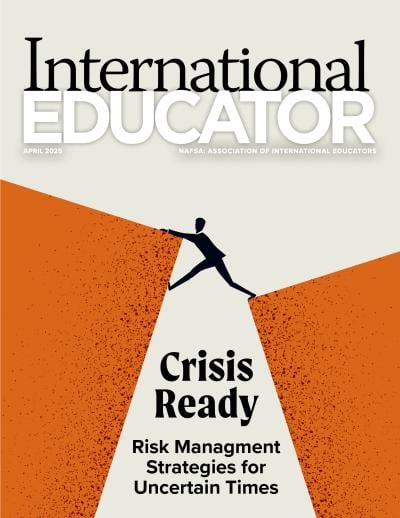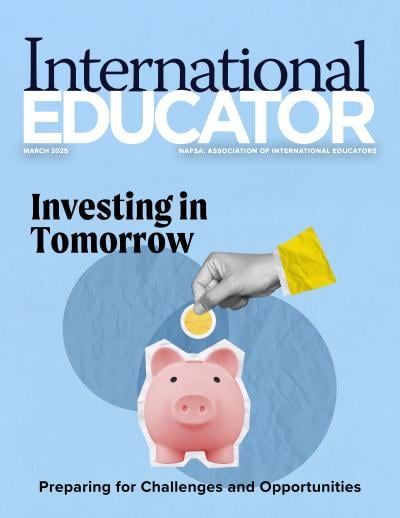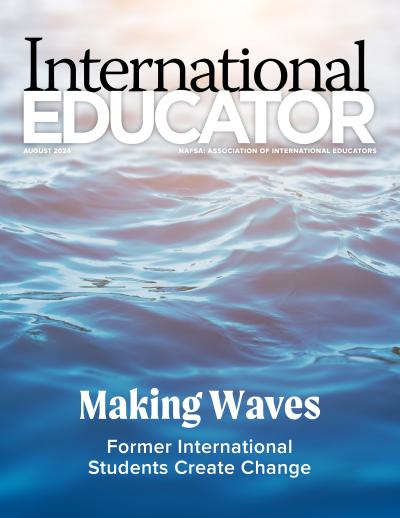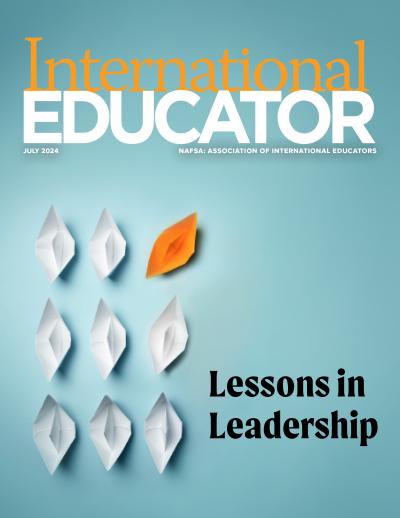‘‘I Could Be You’’: Reflections of an Instructor in Cairo
“I have a story to tell. I am no hero. I am like you. I could be your brother, father, uncle, cousin. I could be you. In another time, in another place, this could be your story and that’s why you must understand. I am one man, with one story, but there are many more like me.”—Sudanese refugee in Cairo, 2006
I watched the flood of Syrian refugees cross borders north and south—anonymous faces, young and old, fearful and hopeful. Who were these people, and how did they handle the pain of displacement? What inner strength kept them going? A picture of a middle-aged woman cradling the face of a young man brought on a mix of emotions. Something about her looked like me. Was the boy her son? Had he been in college? Had he played for the basketball team? Had he stayed out late with friends, and had she constantly told him off? “I could be you,” I heard the woman’s voice in my head. I was reminded of another time, almost 10 years previously.
It was 2006. I was teaching a capstone course, Writing for Publication, in the rhetoric and composition department at The American University in Cairo (AUC). The students were taking the class as part of their core curriculum, and they came from majors as diverse as literature and engineering, economics, and philosophy. Working with the theme of “Citizenship and Inclusion,” we grappled with definitions and implications, difficulties, and failures. Questions were raised and concepts











